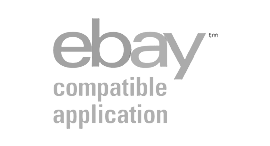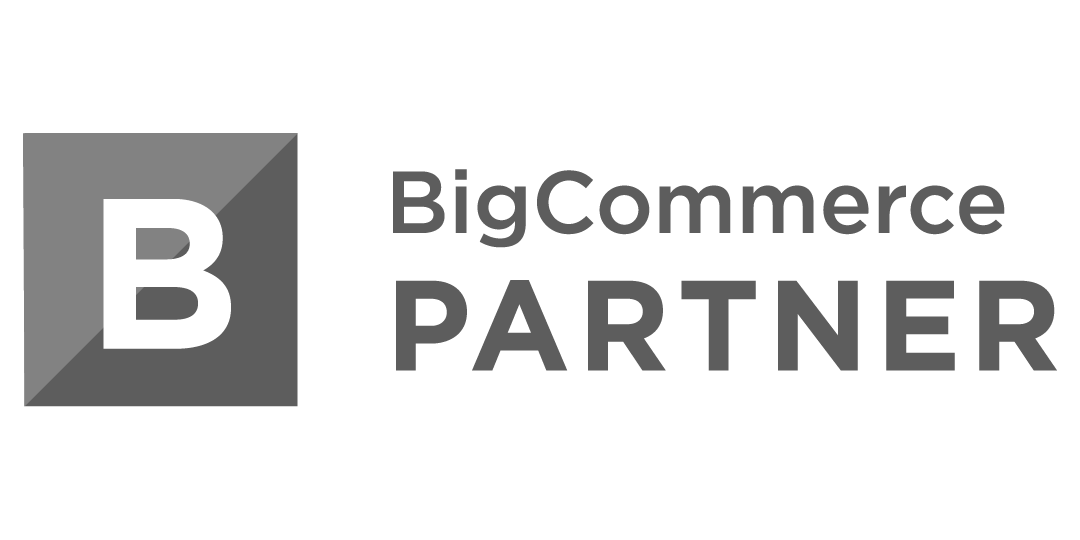Your business is growing. You realize you need a robust backend system like an ERP to manage your processes.
There’s many different types of ERP systems available. How do you evaluate different ERP systems for the one that’s best for your multichannel retail business?
This article will help you choose an ERP that supports specific multichannel retail requirements that meets your customers’ demands.
What is an ERP System?
ERP stands for Enterprise Resource Planning. This type of software has been around since 1990s. It started as material requirements planning and now automates all back office functions.
ERP software works by integrating separate systems together into a holistic source of information and resources. It streamlines business process related to technology, services, and human resources. You can purchase different modules of an ERP system that meet the specific needs of your company, such as product development or order management.
Top ERP systems include:
ERP Evaluation
Multichannel retail selling involves the intersection of the sales channel (omnichannel), the customer type (B2B vs B2C), and the fulfillment method. All multichannel transactions can be a combination of sales channel, payment method, and fulfillment type and method.
For example, how easily can a B2C customer visit you in-store and then have an out-of-stock product shipped to their home from online inventory?
Today’s customers want to buy anywhere, receive anywhere, and return anywhere. Your ability to provide that type of customer experience depends on the technology you invest in and implement. It takes using ERP, POS, and eCommerce platforms that support multichannel processes.
You must choose ERP software that supports the merger of those three areas: sales channels, customer type, and fulfillment methods.
ERP Evaluation for Multichannel Retailers
Not all ERP software was made for multichannel. To help you evaluate ERP systems, focus on these four key areas. These are the multichannel business processes that are important.
As you go through this list, think of which of these capabilities are important to your business and how well does the ERP you’re considering support them.
Customer Experience Management
Retailers compete mainly on customer experience. It’s no longer a matter of just who has the lowest prices. Customers are searching (and purchasing) from retailers who provide an easy, convenient shopping experience.
To do that, retailers must support capabilities such as:
- Endless aisle – The ability to show inventory from external suppliers as if product was kept in local inventory.
- Loyalty programs – Programs that expand throughout all sales channels.
- Master Data Management – This ensures that each system has the most current and complete information for each of your customers.
- Real-time product availability – The ability for both shoppers and employees to always see correct inventory levels of a product.
- Order management – Centralized visibility and management of customer orders regardless of what sales channel they’re from.
Merchandising, Product Information Management
Product information is integral content that influences purchase decisions. Product information lets customers know what they’re buying and guides them through your site. Consider these merchandising capabilities:
- Product attributing – Strong attribute support to help fully describe your products.
- Kit/Configurable product support
- Bulk editing – Can you make mass changes to product information like price and attributes at once? This saves time and ensures greater accuracy of your product data.
- Multichannel channel pricing – The ability to set prices based on sales channel or location.
- Matrix products – Can your system support items with multiple variations, i.e. a t-shirt that comes in 3 sizes and 10 colors?
- Image management – The ability to store and manage a simple or multiple images for any product.
- Category management – The ability to organize and categorize products within each channel, and then share those across all your sales channels.
Supply Chain Management
Supply chain management is crucial to a retailer’s ability to deliver across multiple channels. For proper supply chain management, these capabilities are important.
- Dropship – Dropshipping makes the concept of “endless aisle” possible.
- Single Inventory – The concept of creating a virtual single inventory from multiple inventory locations for the purposes of both store replenishment and order fulfillment.
- Third-Party Logistics (3PL) – Can you easily work with your 3PL providers?
- Supply chain integration – Is it easy to conduct business with suppliers through the use of collaborative business processes enabled by electronic business transactions?
Flexibility and Community Engagement
These are general areas that you should consider when evaluating any system to use for your multichannel retail business, especially your ERP.
- API – A strong API makes it easier for your ERP to integrate and exchange data with your other retail systems.
- Ecosystem – Does your ERP have a strong ecosystem of end users, user groups, resellers, designers, developers, etc to support you?
- Architecture – The tools, technologies, and engineering methods used to assemble a piece of software that determines its flexibility and capacity. What’s the foundation that the ERP is built on?
- Multichannel leadership – Is the system actively creating a strategy to support multichannel processes? An ERP is a big investment and it should serve you in the long run.
- Customization – Can you customize the software to fit your specific business needs?
What to Do Next: Download our Multichannel Buyer’s Guide
We can’t pick a system for you, but we can help you make an informed decision.
These requirements are specific to multichannel retailers. Evaluating an ERP based on these will help you choose a system that will fuel your long term growth.
To receive more in-depth explanation of these requirements, please download our Multichannel Buyer’s Guide, which details all of these requirements help you implement a multichannel environment. This guide helps you evaluate ERP, POS, or eCommerce systems.

Check out these other articles about ERP systems:






[…] start your research, check out a top inventory management system like SkuVault or learn how to evaluate an ERP system for your multi-channel […]